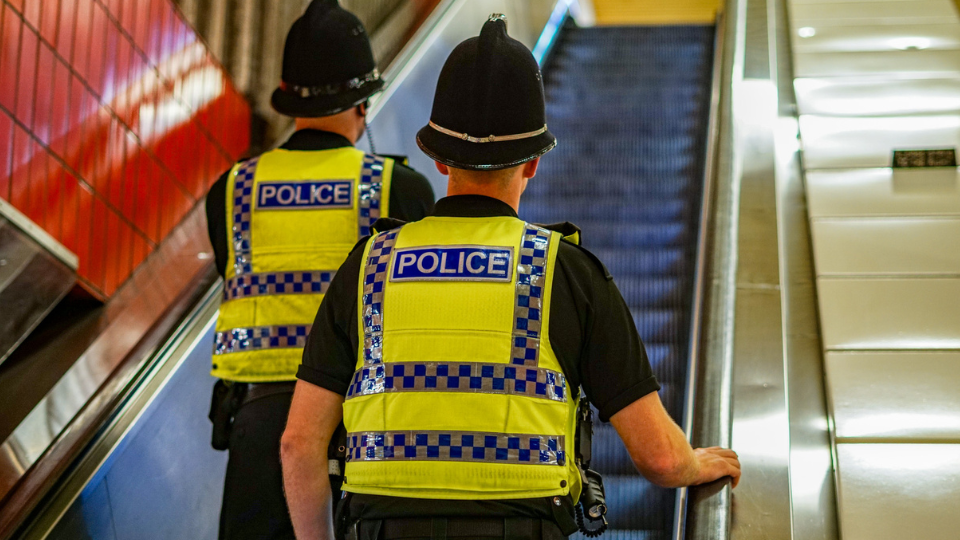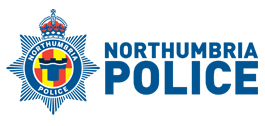Police Constable Degree Apprenticeship (PCDA)

Why choose the Police Constable Degree Apprenticeship?
Why choose the Police Constable Degree Apprenticeship?

What’s involved in the Police Constable Degree Apprenticeship?
Choosing to become a Police Officer is the start of a career you can be proud of. This three year work-based programme combines practical “on the job” training and academic learning, based on a national policing curriculum.
The training programme will begin with an initial 18-week period of class-room based learning at our Coach Lane campus focusing on areas including law & legislation, understanding police powers, and elements of effective communication. Whilst undertaking classroom-based learning you will work Monday-Friday 9-5pm. Following this, you’ll work alongside experienced officers as part of a shift in a response team. You’ll have a dedicated tutor to guide you through your first 12-15 weeks, who will help you build your skills and offer practical and pastoral support.
You’ll be supported and given everything you need to succeed in the PCDA programme. And, upon successfully completing all elements of the PCDA, including operational and academic assessments, you’ll be awarded a BSc (Hons) degree in Professional Policing Practice and will become a fully qualified substantive police officer.
What about my wellbeing?
The role of a police officer is a challenging one, and you could be dealing with many different scenarios and face many challenges on your journey with us. You will of course be given the support you need and there is always someone to seek advice from and to collaborate with. We continue to invest in trained mental health first aiders onsite and other valuable support mechanisms, an employee advice service offering 24/7 access to trained counsellors and a peer-led support programme as well as other holistic approaches to caring for your wellbeing.
What happens when I complete the PCDA?
Policing is an expansive and diverse career, offering over 50+ specialist officer roles and opportunities for growth and advancement through the ranks.
Once you have successfully completed your probationary period, a wealth of possibilities opens up to you. You can choose to specialise in areas including motor patrols to marine unit, and neighbourhood policing or becoming a detective and investigating more complex crime. Alternatively, you might decide to pursue a leadership trajectory, working your way up through the ranks to attain senior positions within the force.
The dynamic and unpredictable nature of policing ensures that no two days are the same, and the continuous professional development opportunities make it an exciting and rewarding career choice.
Do I need specific qualifications to apply?
To apply for the PCDA programme, you’ll need:
- Level 3 qualification where the grades total 120 UCAS points or higher (your tariff points can be made up of a number of different types of qualifications and you can utilise the UCAS calculation tool to help you) or you’ll need to be aged 21+ and have a minimum of 2 level 3 or higher qualifications
- Level 2 qualifications in both English and Maths. For example a GCSE or iGCSE at grade C (level 4) or above, Functional Skills Level 2, Key Skills Level 2 (Communication and / or Literacy) or Adult Numeracy / Literacy Plus
OR
- Be aged 21+ and have a minimum of 2 Level 3 or higher qualifications PLUS a minimum of 3 years work experience to support your progression as a Police Officer.
If you don’t meet the above entry requirements for this entry route, you may still be eligible to become a Police Constable. Explore alternative entry routes.
Frequently asked questions
About the Police Constable Degree Apprenticeship
What you need to know before you apply
What you need to know before you apply
What you need to know before you apply
READY TO GET STARTED?
Sign up to an information event start the application process
Before you apply to become a detective through our graduate programme, or a police officer through our degree holder programme, degree apprenticeship or police constable entry programme you’ll need to join a mandatory virtual information event.
Here, you’ll gain insight into what working as a detective or uniformed police officer at Northumbria Police is really like, find out more about the application process and how to prepare for the role, eligibility requirements, police officer pay & benefits, and you’ll have the opportunity to speak to current officers about life at #TeamNP.
Once you have signed up and registered your interest, we will be in touch with an email inviting you to book on to a information event of your preferred date and time. If you have any questions about becoming a uniformed police officer, or a detective, you can contact our Talent Acquisition team.
